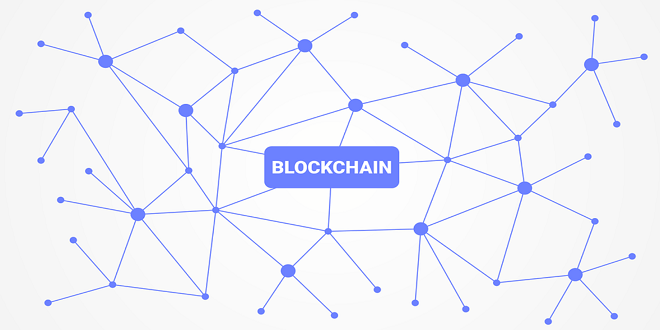How Long Does a Divorce Take in Louisiana? A Timeline Guide

Taking the first step toward divorce in Louisiana can feel overwhelming. You might worry about how long this chapter will last. Knowing the timeline helps ease this uncertainty. Divorce in Louisiana varies in duration. It depends on a few factors. If you have children, the process could take longer. Without children, it might be quicker. Each case is unique. Understanding the process can help you plan ahead. This guide will walk you through the main steps. It will show you what to expect at each stage. You’ll learn about mandatory waiting periods and necessary paperwork. This knowledge allows you to prepare emotionally and practically. It also helps you communicate effectively with involved parties. For an in-depth exploration, you can learn more about each step as you proceed. This timeline guide aims to simplify the process. It provides clarity and support for this significant life change.
Mandatory Waiting Period
In Louisiana, the waiting period is crucial. It sets the shortest possible time frame for the divorce process. If you have minor children, you must wait 365 days from the date of separation. Without children, the waiting period is 180 days. This time allows for reflection and potential reconciliation. During this waiting period, couples live apart continuously. Interruptions can complicate the timeline.
Filing and Serving the Petition
Filing the divorce petition is the official start. You submit this document to your parish court. Then, you serve it to your spouse to notify them. This step can be quick if both parties agree. Disagreements may extend this phase. The respondent usually has 15 days to reply. Lack of response could lead to a default judgment.
Discovery and Negotiation
This stage involves gathering necessary information. Discovery might include financial documents and other relevant records. Both parties exchange this information. Negotiation follows as both sides discuss terms like property division, child support, and custody. This step can be lengthy. Cooperation shortens the process, while disputes prolong it.
Court Hearings
Sometimes, you need court hearings. These are essential when negotiations fail. A judge listens to both sides and makes decisions on unresolved issues. The number of hearings depends on the complexity of your case. Simple cases might resolve in one hearing. Others might need several to address all concerns.
Finalizing the Divorce
Once you resolve all issues, you can finalize the divorce. You submit a final judgment to the court. A judge reviews it and signs off, officially ending the marriage. This step can take a few weeks. It often depends on court schedules and pending paperwork.
Average Timeline
Below is a simple table showing the average timeline for divorce in Louisiana:
| Stage | With Children | Without Children |
|---|---|---|
| Mandatory Waiting Period | 365 days | 180 days |
| Filing and Serving the Petition | 1-2 weeks | 1-2 weeks |
| Discovery and Negotiation | 1-3 months | 1-3 months |
| Court Hearings | 1-2 months | 1-2 months |
| Finalizing the Divorce | 1-4 weeks | 1-4 weeks |
Factors Influencing the Timeline
Several factors impact how long your divorce will take. First, mutual agreement. Couples who agree on major issues often move faster. Second, complexity. High-conflict cases or those involving complex finances tend to slow down. Third, court availability. Busy court schedules can delay hearings and approvals.
Reducing the Timeline
You can take steps to shorten the process. Open communication with your spouse helps resolve issues quicker. Hiring an experienced lawyer can streamline paperwork. Preparing documents and being responsive to requests can also reduce delays.
Conclusion
Understanding the divorce timeline in Louisiana reduces uncertainty. It helps you prepare for each stage and make informed decisions. This guide provides a clear path through the process. Remember, each case is unique. Seeking professional advice can offer tailored support. Your journey through this change matters, and knowing what to expect can ease the way forward.





